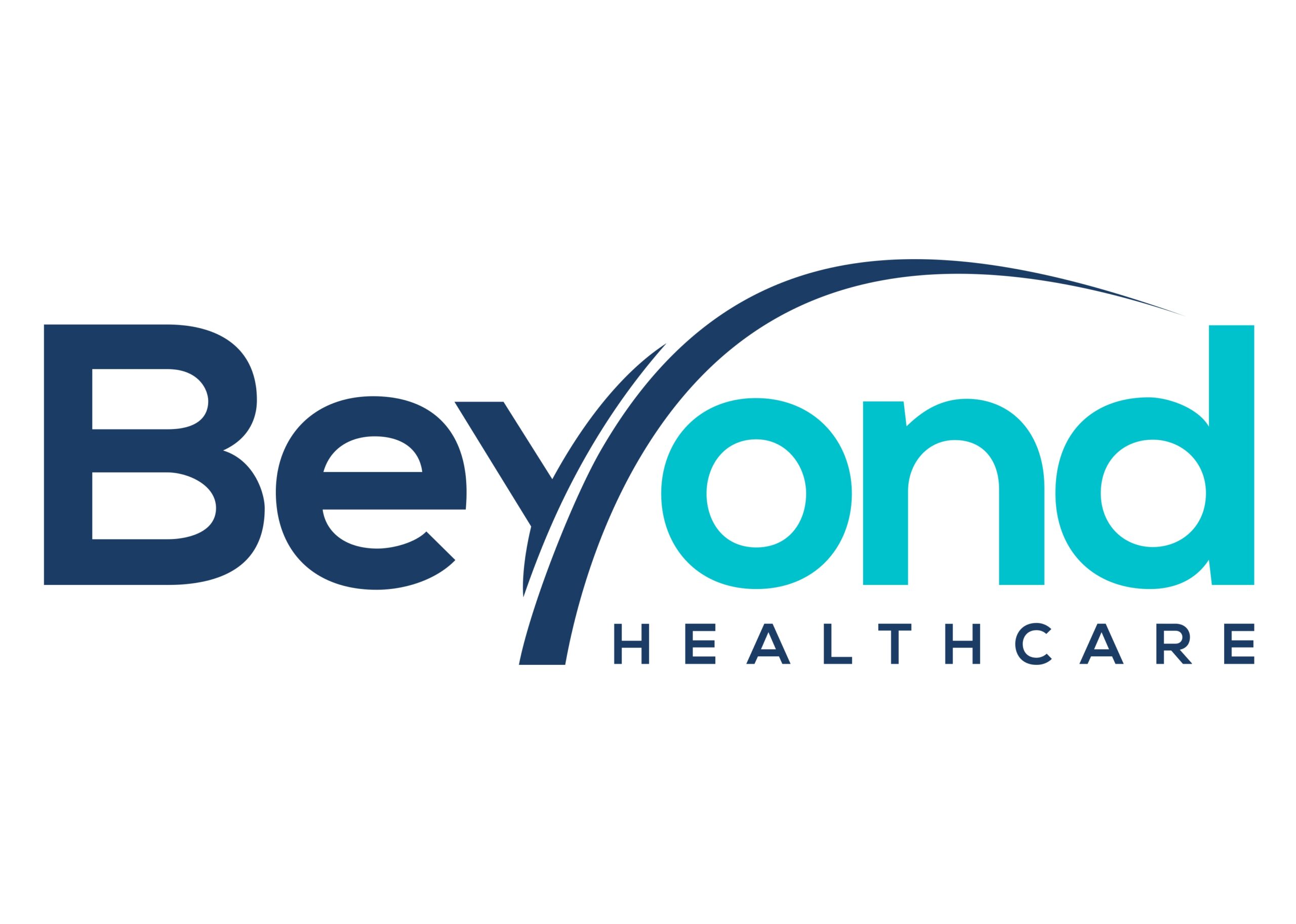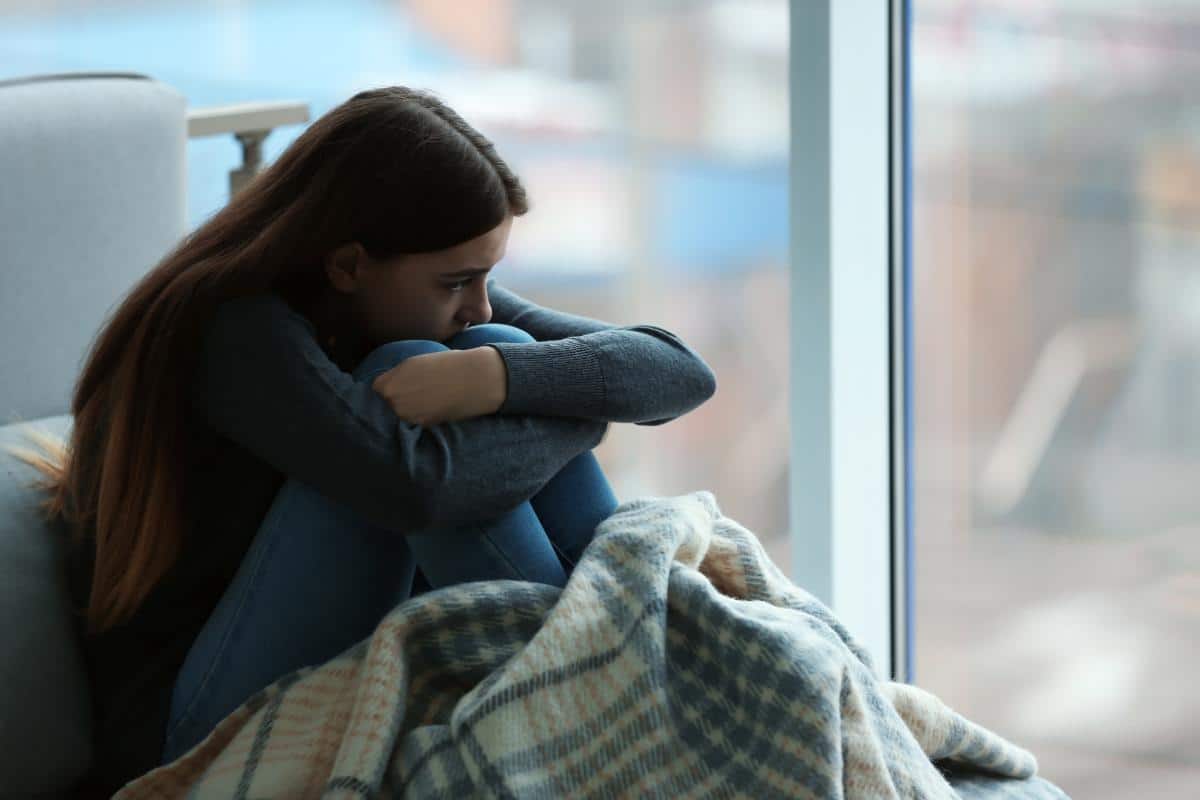Psychological and emotional trauma responds to a very disturbing or stressful event and challenges a person’s sense of security. The body’s natural defenses take over during a traumatic event and create a stress reaction known as the fight or flight response, resulting in various emotional and physical symptoms. Untreated trauma can be devastating for adolescents and teens and have lasting impacts. At Beyond Healthcare, we understand the risks associated with untreated trauma and provide comprehensive teen trauma therapy.
How each individual responds to a traumatic event is unique. Typically, the symptoms of trauma ease over time as the mind processes the event. However, sometimes the brain gets stuck in trauma, leading to various mental health disorders. Seeking trauma treatment as soon as possible enables the brain to process the traumatic event properly for effective healing. If your adolescent or teen needs trauma therapy, contact Beyond Healthcare at 833.698.0453.
Understanding Childhood Trauma
The statistics for trauma in adolescents and teens are alarming. According to numerous research studies, nearly half of all American adolescents aged 0-17 have experienced at least one childhood trauma or adverse childhood experience (ACE). The following are examples of trauma or ACEs:
- Abuse (physical, emotional, or sexual)
- Exposure to domestic violence
- Neglect
- Chronic or sudden illness (in self, family, or friend)
- Witnessing or being involved in severe accidents
- Death of a family member or close friend
- Familial substance abuse or incarceration
Divorce and its impacts are significant contributors to childhood trauma. Childhood trauma transcends cultural, racial, and socioeconomic demographics; it can happen to anyone. Trauma can be either acute or chronic. Examples of acute trauma include being in an accident, witnessing someone die, or experiencing a natural disaster. Chronic trauma includes ongoing abuse or neglect, domestic violence, or bullying. Childhood trauma has significant adverse effects on brain development, further increasing early interventions.
Signs and Symptoms of Trauma in Adolescents and Teens
Often, adolescents and teens affected by traumatic events cannot recognize their symptoms for what they are. Notably, adolescents and teens who experience chronic trauma, including domestic violence, abuse, or neglect, are unaware of the trauma because these experiences become normalized. Likewise, parents or caregivers in these environments cannot recognize trauma symptoms.
Signs and symptoms of trauma look different for adolescents of different ages. For example, younger adolescents whose language is not developed will have more behavioral outbursts or tantrums. adolescents between ages 8-11 might demonstrate regressive behaviors. Teens can become moodier and isolative. However, some signs and symptoms are common across all ages, including:
- Hypervigilance or hyperarousal
- Avoidance
- Intrusive or unwanted thoughts
- Heightened emotional reactions
- School challenges
- Difficulty with social situations and relationships
- Unmanageable behaviors
At Beyond Healthcare, we provide trauma treatment that supports your adolescent and enables them to overcome the challenges they face resulting from trauma so that they may heal and grow. We know that trauma does not happen in a bubble, making the impacts far-reaching, so we also provide comprehensive family therapy.
Recognizing the Need for Childhood and Teen Trauma Therapy
It may not always be easy to recognize when your adolescent’s or teen’s difficulties result from trauma. Too often, bullied, physically assaulted, or sexually assaulted adolescents and teens do not report the trauma, leaving parents, friends, and others in the dark. If you know that your teen has experienced trauma, you should seek professional treatment, even if they do not appear to be exhibiting symptoms.
If you are unaware of trauma, but your adolescent or teen exhibits the following signs or symptoms, you should seek an assessment from a professional trained in childhood trauma:
- A sudden or significant change in personality or behavior
- Withdrawal from friends, family, or previously enjoyed activities
- Aggression or angry outbursts that seem unprompted or severe
- Evidence of drug or alcohol use
- Acts of self-harm or self-injurious behaviors
- Persistent talk of death, dying, or suicide
As parents, you know your adolescent best. If something feels off, trust your instincts and reach out for support.
Call Beyond Healthcare To Learn More About Trauma Treatment
Unresolved trauma can have devastating and lasting impacts on your adolescent or teen. The earlier treatment is provided, the better the outcomes will be. Do not delay if you know or suspect that your adolescent or teen needs trauma therapy. Call Beyond Healthcare today at 833.698.0453.


